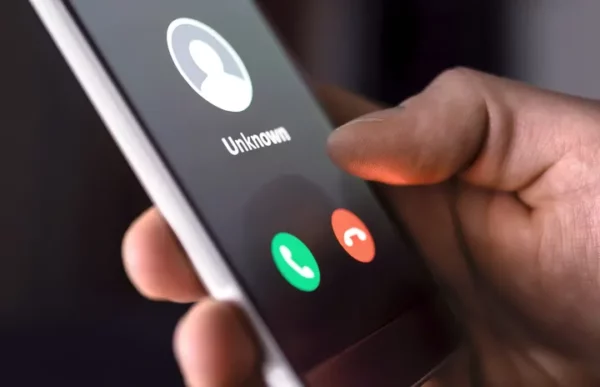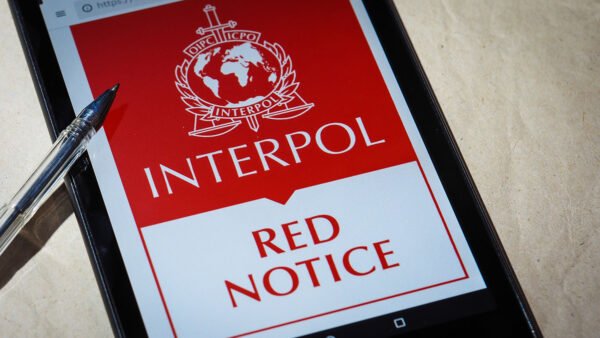
Receiving Calls from Unknown Numbers? Here’s How You Can Stay Safe

We’ve all been there: you’re going about your day when suddenly your phone rings, displaying an unfamiliar number. Should you answer it? This scenario has become all too common in our connected world. While some of these calls may come from legitimate sources, others can be potential scams or attempts to gather your personal information. In this blog post, we’ll explore the reasons why we receive calls from unknown numbers and provide you with some practical tips on how to stay safe and stop spam calls.
Let’s start by acknowledging that not all calls from unknown numbers are malicious. Sometimes, they can be from legitimate sources, such as government agencies or service providers. For example, 08000232635 is registered as the number for the Department for Work and Pensions (DWP). However, it’s crucial to exercise caution when answering calls from numbers you don’t recognize. Scammers often employ tactics to trick unsuspecting individuals into revealing sensitive information or falling for fraudulent schemes.
So, how can you stay safe when receiving calls from unknown numbers? Here are a few tips to keep in mind:
Don’t rush to answer: Take a moment to evaluate the situation before picking up the call. If it’s important, the caller will likely leave a voicemail. If not, you can always call them back later.
Verify the caller’s identity: If the call seems important, you can ask the caller for their name and organization. Take note of their response and consider conducting your own research to confirm their legitimacy. Search online for the organization’s official website or contact number and compare it to the information provided.
Be cautious with personal information: Never share sensitive information such as your Social Security number, bank details, or passwords over the phone. Legitimate organizations typically won’t ask for this information unsolicited, especially during an initial call.
Trust your instincts: If something feels off during the call, trust your gut. Scammers often use high-pressure tactics, create a sense of urgency, or try to instil fear. Remember, it’s okay to end the call if you suspect any fraudulent activity.
Utilize call-blocking features: Many smartphones offer call-blocking features that can help filter out unwanted calls. Check your device’s settings or consider downloading a reputable call-blocking app to reduce the number of spam or scam calls you receive.
Register your number on the Do Not Call Registry: In some countries, you can add your phone number to the official Do Not Call Registry. This step won’t eliminate all unwanted calls, but it can help reduce the frequency of telemarketing calls.
Install a caller ID app: Caller ID apps can provide additional information about incoming calls, such as the caller’s name and location. While not foolproof, these apps can give you more context before deciding whether to answer or ignore a call.
Educate yourself: Stay informed about common phone scams and the latest tactics used by scammers. Various online resources, including government websites and consumer protection agencies, provide valuable information on identifying and reporting fraudulent calls.
Report suspicious calls: If you receive a suspicious call, make sure to report it. Contact your local law enforcement agency or the appropriate government agency responsible for handling phone scams. The roles played by mi6 vs mi5 in securing the UK are distinctly different. By reporting these incidents, you can help authorities track down and prevent further fraudulent activities.
Remember, your safety and security should always be a top priority. While it’s natural to be curious about calls from unknown numbers, it’s essential to exercise caution and employ these tips to protect yourself from potential scams.
Receiving calls from unknown numbers has become a common occurrence in our modern lives. While some calls may be legitimate, it’s important to stay cautious and avoid sharing personal information over the phone. By following these simple tips, you can stay safe and prevent falling victim to scams or fraudulent activities. Stay informed, trust your instincts, and remember that it’s okay to decline or end a call if you suspect any malicious intent. Your peace of mind is worth it!













































